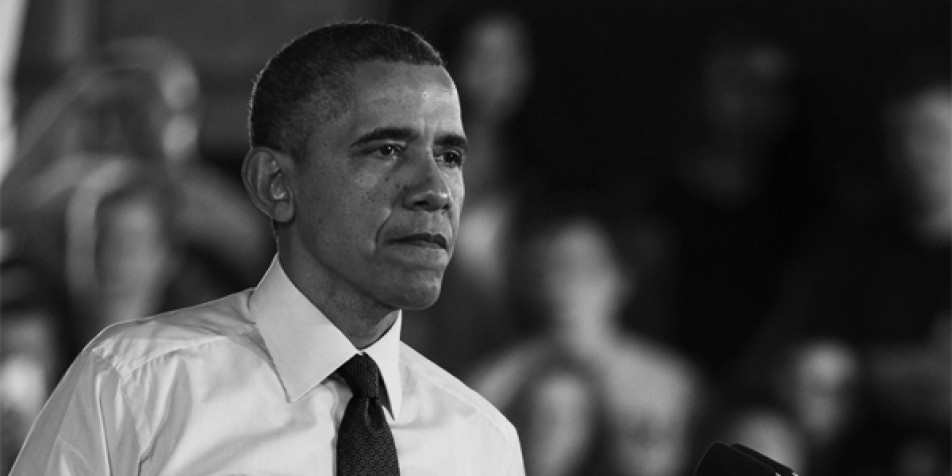President's Ban on Solitary Confinement is a Model for States

This week, President Obama issued a ban on the solitary confinement of juveniles in federal prisons and jails. While only a few hundred youth are confined in federal prisons and jails, the President’s Executive Order is a model for state juvenile justice facilities, which hold more than 50,000 young people nationwide. State advocates are already strategizing to use the Executive Order as a blueprint in efforts to ban solitary confinement in their own jurisdictions.
|
Prisoners in solitary are more likely to commit suicide, especially juveniles and people with mental illnesses. - President Barack Obama |
The new policy recognizes the trauma caused by solitary confinement. In an Op Ed in The Washington Post, President Obama explained that solitary confinement “has the potential to lead to devastating lasting psychological consequences. It has been linked to depression, alienation, withdrawal, a reduced ability to interact with others and the potential for violent behavior.” The President cited studies showing that solitary can cause mental illness in otherwise healthy individuals or worsen existing mental health issues.
The ban on solitary also provides national leadership on implementing developmentally appropriate, evidence-based policies for youth. Since 2005, the U.S. Supreme Court has issued a series of opinions clarifying that constitutional law must take into account the realities of adolescent development.
|
Supreme Court Opinions 2005 - Roper v. Simmons Eliminates juvenile death penalty 2010 - Graham v. Florida Bans life without parole for non-homicide offenses 2011 - JDB v. North Carolina Requires law enforcement 2012 - Miller v. Alabama Mandatory life without parole sentences are unconstitutional for juvenile offenders
2016 - Montgomery v. Louisiana Miller applies retroactively to individuals sentenced before 2012 |
Just this Monday, the United States Supreme Court, in Montgomery v. Louisiana, again concluded that “children are constitutionally different from adults.... These differences result from children’s ‘diminished culpability and greater prospects for reform.’” The Court held that its 2012 ruling in Miller, banning mandatory life without parole sentences for juveniles, applies retroactively.
Despite landmark Supreme Court decisions, young people across the country are still treated like miniature adults, subjected to policies that are neither evidence-based nor developmentally appropriate. In explaining the ban on solitary, President Obama told the tragic story of Kalief Browder, who spent nearly two years in solitary confinement at Riker’s Island while awaiting trial for theft of a backpack.
Kalief refused to take a plea bargain, asserted his innocence, and was ultimately cleared of the charges. While incarcerated, he twice tried to commit suicide. After his release, still suffering from the effects of incarceration and solitary confinement, he hung himself.
Kalief’s story, sadly, isn’t unique. Too many court-involved youth face life-threatening or life-ending mental health consequences from policies and practices that fail to account for their developmental status. For the many youth with histories of trauma, these practices can be even more damaging.
Lengthy incarceration, solitary confinement, the use of shackles, strip searches and other practices have devastating and often permanent effects. In the child welfare system, long periods of impermanence, frequent moves, lack of adult mentors and other system failures similarly cause trauma with lifelong results.
January 25th was a banner day for juvenile justice, but much work remains to be done. Earlier this month, Juvenile Law Center, along with Kevin Allen of Crystle, Allen & Braught, filed a petition for certiorari in the U.S. Supreme Court in J.B. v. Fassnacht. The petition requests that the Court address important, unsettled questions of law regarding the constitutionality of suspicion-less strip searches of youth in juvenile detention centers.
We applaud President Obama’s leadership in eliminating solitary confinement and promoting developmentally appropriate, evidence-based policies and practices as the standard in all federal and state juvenile justice facilities.
Image credit: Above image was altered from original image, "President Obama in Ann Arbor," by Kelly Kline, licensed under CC BY-SA 2.0.